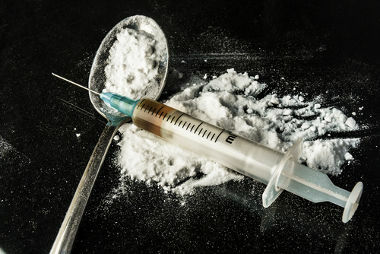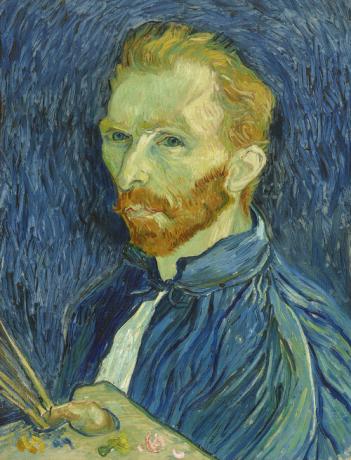Drugs are substances that, when introduced into a living organism, modify biochemical processes, resulting in physiological or behavioral changes.
Generally, when asked "What are drugs?", soon what comes to mind are substances prohibited by law. However, as the definition above showed, medications (or more correctly “drugs”) also cause physiological changes in the body, so they are also considered as drugs, but they are not illegal.
THE pharmacology it is the branch that studies medicines and drugs. This area of knowledge defines that the medicines are drugs used for therapeutic purposes and thus seek beneficial actions to the body. Diseases cause changes in biochemical processes in the individual's body, and the administration of drugs serves to restore the balance of these processes.
In addition, the alcoholic beverages it's the cigaretteo are two examples of legal drugs in Brazil, that is, the sale of these products is not prohibited by law for persons over 18 years of age.
On the other hand, there are the illicit drugs, like cocaine, crack, marijuana and so on.

Examples of illicit drugs
Therefore, it is not the fact of being prohibited or not that characterizes a substance or material as a drug, but the action of causing physiological and/or behavioral changes. If these changes are reflected in the person's feelings, thoughts and attitudes, it is a psychotropic drug, which means that it acts on the central part of the nervous system, formerly called central nervous system (CNS), as we'll talk better later.
Psychotropic drugs have three main properties: (1) the user develops tolerance, needing to take increasingly higher doses of the drug to feel its effects; (2) cause dependency and (3), with the interruption of use, there is a withdrawal syndrome — very unpleasant physical and psychological symptoms that make it difficult to stop using the drug.
That's why even drugs should be administered under the guidance of a doctor, because if they are not taken properly and in the correct doses, they can lead to dependence and seriously health problems, as drugs act not only on the biochemical process related to the disease that they want to correct, but also on other processes in the body, generating effects collateral.
Do not stop now... There's more after the advertising ;)

Drugs used without medical advice and in excess can lead to addiction
Drugs activate or deactivate certain neurotransmitters in the central nervous system and can act in three ways: depressants, stimulants ordisturbing.
Depressant drugs decrease brain activity, which makes the person slower and without motor coordination, in addition to generating disturbances in the capacity of perception and skills, sleep, lack of control and can lead to coma. An example of a depressant drug is alcohol, which decreases the transmission of nerve signals, which is why it is so dangerous to drive while intoxicated.

Alcohol is a drug that depresses the central part of the nervous system.
Already stimulant drugs have the opposite effect, as they increase brain activity.l and generate euphoria. In this way, the person becomes “electric”, easily speaking and uninhibited. This is the effect of nicotine, gives cocaine, of crack and of the amphetamines.
Lastly, drugs that disturb the central part of the nervous system are those that usually cause hallucinations (hallucinogenic drugs), like the ecstasy.
However, these three actions of drugs (such as depressants, stimulants and disturbers) usually do not appear in isolation. For example, alcohol may have a stimulating effect at first and then become a depressant.
From a chemical point of view, all drugs are organic substances, and the main functions present in their molecules are the alcohols (hydroxyl, OH, linked to a carbon chain) and the amines (Ammonia derivatives (NH3)), especially the alkaloids.
The physiological effects of drugs are associated with the specific metabolism of each one, but it is proven that the constant use of all of them leads to various diseases, in addition to causing addiction already mentioned. About the consequences of drug use, read the text Harms caused by drug use. If you want to know more details about a specific drug, go to the section drugs on our website.
By Jennifer Fogaça
Graduated in Chemistry


